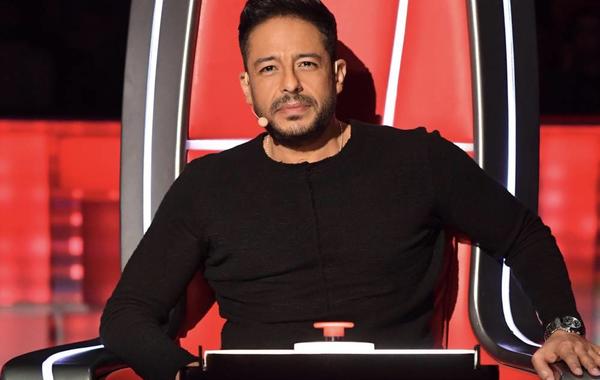Ini Pandangan Hukum Tata Negara soal Petugas Partai-Petugas Rakyat

Jakarta –
The terms “party officers” and “people’s officers” are increasingly being discussed in the 2024 presidential election. The two terms are often pitted against each other, one canceling out the other. But how exactly from the point of view of constitutional law?
Mada Sukmagati, Head of the Undergraduate Program in Politics and Government at the Faculty of Social and Political Sciences at Gagga Mada University (FISIP UGM), asked that party officials and officers of the people should not be separated, but that they should unite. When fighting these two, they both have a negative effect.
Said Professor J. Bezel.
|
This was conveyed in the webinar ‘Party employee = People’s employee?’ (Constitutional Law Review) held by the Association of State Administration Law Lecturers (AP HTN-HAN), Tuesday (5/16/2023). As for constitutional law expert Dr. Agus Rywanto, quoting Rossiter C (1960):
No democrat without a political party and no political party without a modern party.
“Political parties are the main legal subject because it is written in the constitution, the 1945 constitution. There is no democracy without political parties. The main agents of democracy are the political parties. But it cannot be the main thing without modern political parties,” Agus said.
Therefore, the main role of political parties is stipulated in Article 22H, Paragraph (3) of the 1945 Constitution, that is, the contestants in the elections for members of the People’s Assembly and the People’s Assembly. In addition, it also mentions Article 6a Paragraph (2) of the 1945 Constitution, which is that the nomination of the president and vice president is carried out through political parties and Law No. 10/2016 on regional elections, that is, heads of regions are nominated by political parties and individual .
Paragraph (1) of Article 27 of the 1945 Constitution states the following:
(1) All citizens have the same standing before the law and the government and are bound to uphold that law and the government without exception.
“Every citizen has the right to become a presidential candidate, however, this right cannot be implemented immediately, but must go through the door of nomination by a political party,” said Agus.
Agus emphasized that the political parties that have the constitutional right to nominate candidates for the post of president/presidential candidate are political parties and not every citizen. This was confirmed by Constitutional Court Decision No. 007 / PUU-II / 2004 that there is a distinction between the constitutional rights of citizens and the constitutional rights of political parties.
“The term ‘anonymous party officer’ in the 1955 constitution that only presents a presidential candidate/coalition is proposed by a political party/coalition of political parties.
On the other hand, there are two types of political parties in the presidential candidacy / LAPRES. Namely, support for political parties registered with the KPU and political parties not registered with the KPU.
Accordingly, the vision, mission and work programs of the presidential candidates in the presidential election campaign are the visions and tasks of the political parties, just as the theme of the presidential election campaign reflects the ideology of the political parties.
Once elected, the President and Vice President operate as follows:
1. The President/Wabris shall remain a supportive member of the political party
2. The President/Vice President has not lost his/her relationship with the supporting political party
3. The programs and policies of the President are the programs of political parties
4 – The visions and missions of the presidential candidates in the presidential elections are set out in: The vision and missions of the presidential candidates are modified by the RPJPN, the visions and missions of the presidential candidates are contained in the RPJMN and the vision and missions of the presidential candidates are translated into the RKP by Bappenas.
“Therefore, the President-elect/Vice-President has two tasks at once, namely officers/delegates/cadres of political parties and officials/representatives of the people,” Agus said firmly.
On the same occasion, STHI Jantera’s constitutional law lecturer, Fritz Eduard Seeregar, stated that the two terms stem from a key question, which is whether a representative should always ask his constituents about different issues.
Fritz Eduard said: “It’s hard to do in an atmosphere of complexity. So in the middle is the name of a political party. As long as it mixes (among the cast), I think the legitimacy will be achieved.”
In the webinar, APHTN-HAN General Secretary Professor Bayu Doi Anguno stated that when talking about practicing and promoting Indonesian democracy, it should not be separated from constitutional democracy, that is, democracy based on constitutional values and the rule of law.
“One of the practices and tests of constitutional democracy is how to ensure that elections, including the 2024 elections, are always based on the constitution and the rule of law, especially the law in the electoral field,” said Bayo Doi Angono.
(Asia Pacific / Zap)
#Ini #Pandangan #Hukum #Tata #Negara #soal #Petugas #PartaiPetugas #Rakyat








